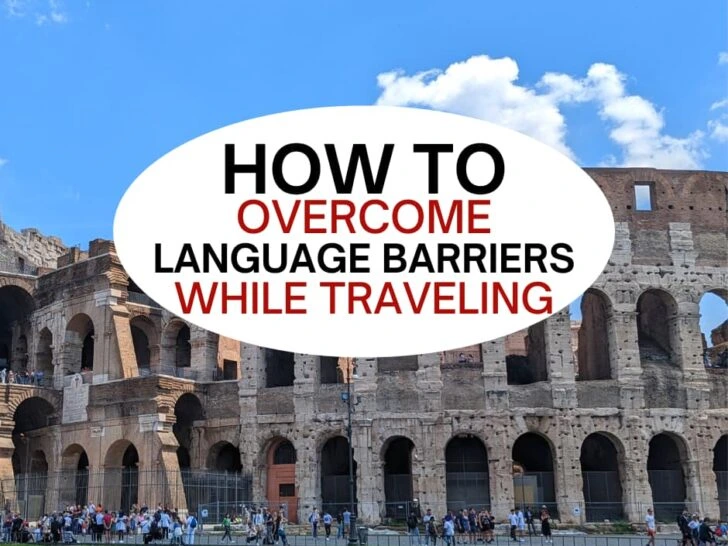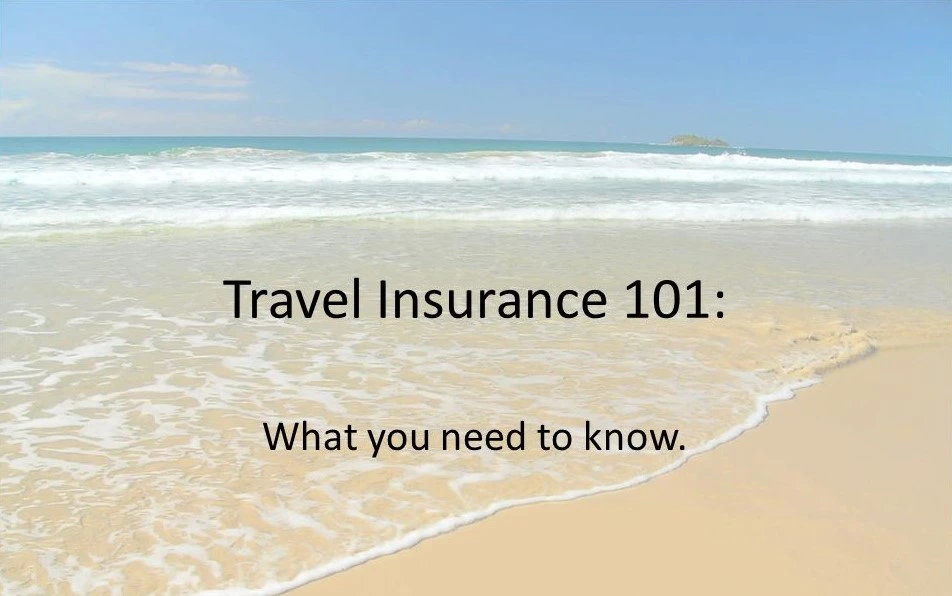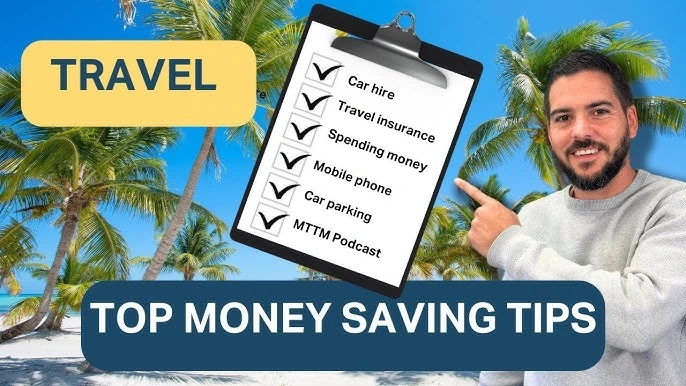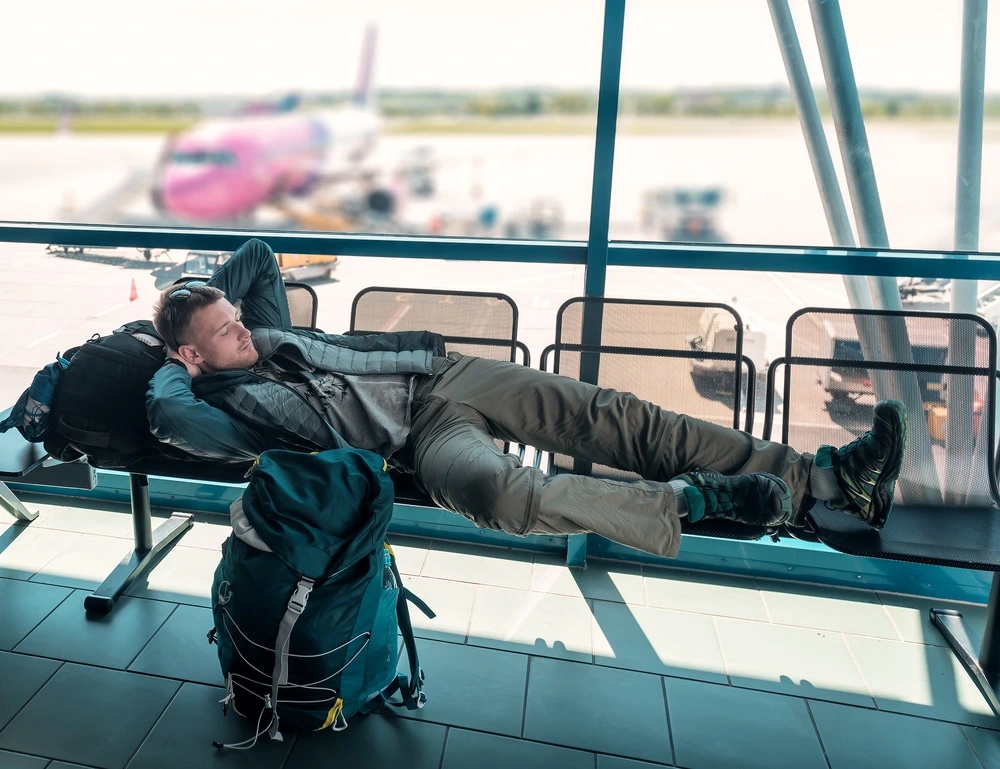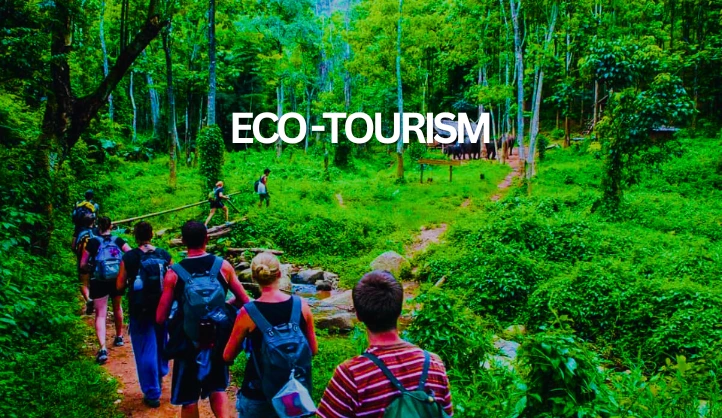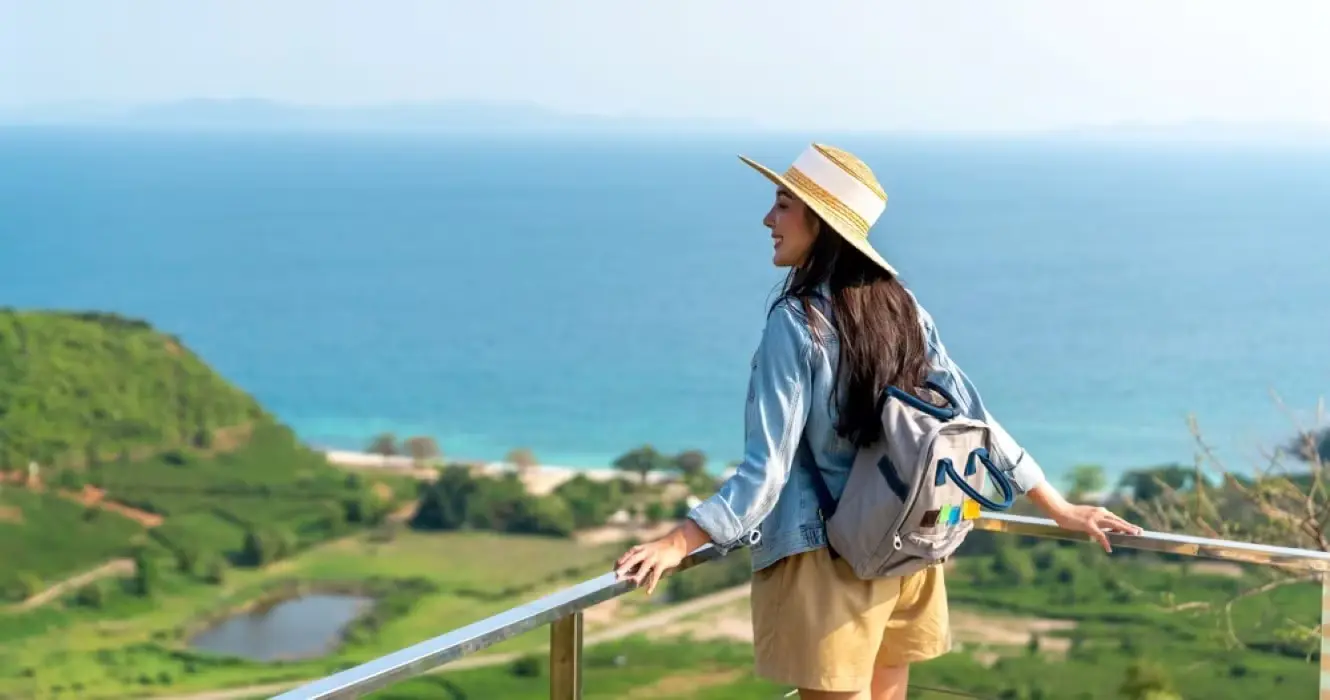Have you ever stood in a bustling marketplace, trying to buy something but completely clueless about what the vendor is saying? I have. It was in a small village in Japan, and all I wanted was some rice crackers. What followed was a hilarious mix of exaggerated hand gestures, a bit of Google Translate, and finally, the universal language of smiles. That’s when I realized: overcoming language barriers isn’t just a skill—it’s a mindset.
When you travel, encountering unfamiliar languages can be intimidating. But trust me, it’s not an insurmountable challenge. Let me walk you through my personal experiences, hacks, and lessons learned from traveling across countries where I couldn’t speak a single word of the local language.
Why Language Barriers Are More Fun Than You Think
Here’s the thing: not knowing the language can be frustrating at first, but it often leads to the most memorable travel experiences. Like the time I accidentally ordered a plate of snails in Paris because I mispronounced “escargot” as “escargue.” The waiter laughed so hard he gave me free dessert.
Not understanding the language forces you to think creatively. You learn to notice details—body language, tone of voice, and even context. Plus, there’s a deep sense of connection when you finally manage to communicate, even without words.
My Go-To Tips for Breaking the Language Barrier
Learn the Basics (But Don’t Sweat It)
Before any trip, I always learn a handful of phrases. “Hello,” “Thank you,” “Where is the bathroom?” and “How much does it cost?” are lifesavers. I once used “toilet” in Spanish—“baño”—so many times in Mexico that it became a running joke among locals.
But here’s the thing: you don’t need to be fluent. Locals appreciate even the smallest effort. I’ve found that saying a clumsy “bonjour” in France opens more doors than diving straight into English.
Carry a Phrasebook or Use Translation Apps
Apps like Google Translate are game-changers. Once, in Istanbul, I used the app to ask a shopkeeper for a specific type of Turkish delight. Not only did I get what I wanted, but we ended up chatting about the city’s history—via the app, of course.
That said, don’t rely solely on technology. What if your phone dies? A small phrasebook tucked into your bag can save the day.
Use Non-Verbal Communication
Sometimes, gestures are all you need. When I couldn’t figure out how to say “vegetarian” in Thai, I simply pointed to a picture of vegetables on the menu. It worked like magic.
And don’t underestimate the power of smiling. A warm, genuine smile can break down barriers faster than words.
Be Patient (With Yourself and Others)
During a solo trip to Vietnam, I found myself hopelessly lost. I tried asking for directions in broken Vietnamese, but no one understood. Instead of panicking, I showed my destination on a map. It took a while, but eventually, someone helped.
The key? Patience. Misunderstandings happen, but they’re part of the journey.
When Language Barriers Lead to Unexpected Adventures
One of my favorite stories comes from a trip to Spain. I was hiking in the countryside and needed directions. The older man I asked spoke no English, and my Spanish was limited to “hola” and “gracias.” So, we ended up drawing a map in the dirt. It was the most detailed—and charming—map I’ve ever seen.
Another time, in Morocco, I tried to buy spices at a market. The vendor didn’t speak English, and I didn’t know Arabic. So, he let me smell the spices and gestured what each one was for. By the end, I’d learned more about Moroccan cuisine than I ever could from a guidebook.
Tools That Make Travel Easier
- Translation Apps: Google Translate, SayHi, or even offline dictionaries.
- Visual Aids: Picture cards or images on your phone.
- Local Guides: Sometimes, hiring a guide who speaks both languages is worth it.
The Mindset Shift: Embracing the Unknown
Traveling without knowing the language is about more than communication—it’s about connection. It’s about embracing the awkward, funny, and sometimes challenging moments that make your trip unique.
Remember, locals are often kind and eager to help. Even when I messed up my order or got lost, people went out of their way to assist me. And every small success—whether ordering coffee or finding a train station—felt like a victory.
